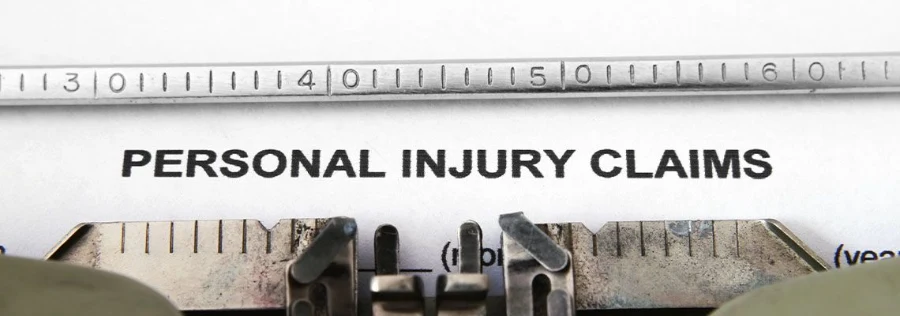
Alaska averages over 12,000 crash reports each year according to data put out by the Alaska Department Of Transportation And Public Facilities. When these crashes result in injury, you’ll naturally want to seek out medical assistance and compensation for property damage. This likely means filing a claim with the other driver’s insurance or pursuing a personal injury lawsuit. Negotiating with an insurance adjuster and working through the personal injury claim process in Alaska can be complex, which is why many accident victims find it tremendously helpful to work with an attorney.
If you’re interested in pursuing possible compensation for a personal injury claim, reach out to me at Law Office of Jason Skala, LLC. From my office in Anchorage, Alaska, I can help individuals throughout the area including Bethel, Kotzebue, and Barrow (Utqiagvik).
Personal Injury Claims in Alaska
If you’re considering filing a personal injury lawsuit, you’ll first need to understand how state law works with cases like these. Alaska is considered an “at-fault” state, which means that whoever causes an accident to happen is also the one responsible for paying any damages associated with it (up to policy limits, of course). For example, if you were hit by a car who ran a red light when you had the right of way, that driver will likely be found liable for causing the accident and have to cover any expenses you incurred because of it.
It’s worth noting that Alaska also follows a comparative fault model in cases like this which can affect your final compensation. Comparative fault means that liability can be shared between parties in an accident. For instance, if a judge determines that you were 20% at fault for the above accident taking place (say you were looking at your phone when it happened and because of this weren’t able to get out of the way in time), your final settlement will be reduced by 20% to make up for your share of the liability. So if the total damages were $15,000, you would only receive $12,000.
The Claims Process
- Reporting requirements
Immediately following an accident and after taking care of your medical needs, you should report your crash to the police. Per state law, this must be done within 10 days if someone is killed or injured or if there’s property damage in excess of $2,000. You must also submit a Certificate of Insurance to the police within 15 days of the incident. You should also report the accident to the insurance company as soon as possible, but each company will have their own requirements for this.
- Filing a claim/lawsuit
Since Alaska works on a fault-based system, if you were the victim, you will likely be making a claim against the other driver’s insurance policy. However, you do have the choice to file a claim against your own insurance. This could be a good option if the other driver was uninsured or underinsured or if you have Med Pay coverage. Your last option is to file a lawsuit against the at-fault driver, and it’s always in your best interest to work with a personal injury attorney when filing a claim like this.
- Proving negligence
One of the most difficult steps in this process is proving negligence in an accident. It’s here that a skilled lawyer can be a great asset. Your attorney can help ensure you have sufficient documentation for a successful claim which in many cases can increase your total personal injury settlement offer.
- Reviewing a settlement
Finally, you’ll need to review your settlement offer with your attorney. In most cases, you’ll want to refuse the first offer from the insurance adjuster since it likely won’t adequately cover your expenses. Adjusters are notorious for wanting to move through cases as fast as possible and this often mean trying to get you to agree to a lowball offer.
Statute of Limitations in Alaska
The statute of limitations to file a personal injury claim in Alaska is two years from the date of the accident. If you attempt to file after this date has passed, a judge will most likely dismiss your lawsuit so it’s essential you pay attention to this timeframe.
Possible Compensation/Damages
Damages will vary depending on the severity of your accident, but in general, you can request compensation for medical and rehabilitative expenses, future medical costs, property damage, lost wages, pain and suffering, or disfigurement or dismemberment. Only in rare cases can you seek punitive damages as these are typically reserved for actions that were grossly negligent.
Understand Your Next Steps
No one should have to go through the personal injury process alone. Working with an experienced attorney can make the entire claims process much easier and less stressful. Your lawyer will be able to negotiate on your behalf and increase your chances of getting a larger settlement. If you’re in the Anchorage, Alaska area and would like to learn more about your options after an accident, reach out to me at Law Office of Jason Skala, LLC.